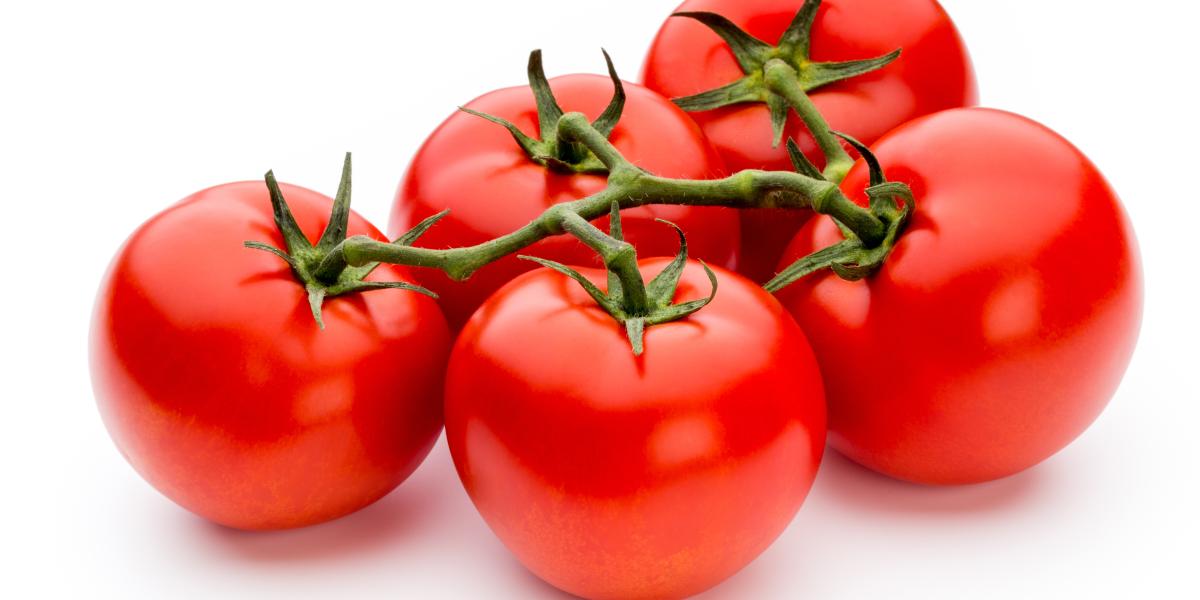Are tomatoes a fruit or a vegetable? While some may have different answers to this mostly lighthearted question, at one point in time it was taken up by the United States Supreme Court. Despite its seemingly amusing aspects, the story of Nix v. Hedden is one which has implications for those concerned with big government and the challenges of reform, while also providing a unique window into late-nineteenth century American politics. This is especially relevant as tariffs have remained a meaningful topic during the Trump era.
The origin of the Supreme Court’s involvement with tomatoes was tied with tariff laws. While arguments about tariff rates were rooted in American political disputes since the very beginning of the US, the situation was noticeably impacted by the Civil War. The conflict was transformative in a litany of ways, and this included increases in the nation’s tariff rates. After the war, however, efforts to reduce the tariffs beneath their wartime levels were easier said than done. Advocates for lower tariffs and freer trade were often disappointed with the lack of success in adjusting the protectionist system which had continued since the wartime emergency of the 1860s. There was not much cohesive momentum for reform until the 1880s.
As the country was approaching the two-decade mark since the war’s conclusion, the American political and economic situation had changed. The wartime tariff rates remained, which—when coupled with increased prosperity and imports—produced a federal budget surplus, a situation seemingly unfathomable in today’s era of massive deficits and mounting national debt. Some politicians proposed to dispose of the surplus revenue through immense federal spending projects such as the Rivers and Harbors Act. Others, including President Chester A. Arthur, favored a reduction in tariff rates and a more careful approach to government spending. In 1882, Congress created a Tariff Commission whose members were appointed by President Arthur. Their objective was to study the American tariff laws and recommend changes. Owing to the protectionist sympathies of the Republicans at that time, it came as something of a surprise when the Commission advocated a “substantial reduction” of tariff rates in response to the budget surplus. Unfortunately, however, the law which followed was not the broad reform many had hoped for. Nicknamed the “Mongrel Tariff” for its slapdash effects of reducing some rates while raising others, the 1883 law was the key factor leading to the ascension of the tomato debate before the Supreme Court.
The provisions of the “Mongrel Tariff,” which sparked the legal issue, were those concerning fruits and vegetables. It held that “fruits, green, ripe or dried” were “not specially enumerated or provided for in this act,” and were thus admitted duty-free. By contrast, the law stipulated that, “Vegetables, in their natural state, or in salt or brine, not specially enumerated or provided for in this act” were subject to a tariff rate of “ten per centum ad valorem.” This became a problem for produce importer, John Nix, who believed that his tomatoes should not have been subject to the tariff payments, as they were fruits, not vegetables. Nix subsequently launched a legal suit against the New York port collector, seeking back duties which he had paid under protest.
The Nix case ultimately made its way before the United States Supreme Court, where the argument was concerned with semantic definitions of words and intentions of the 1883 law. In a somewhat comedic manner, the primary contention was over what defined a fruit and a vegetable, and in which category tomatoes belonged. Nix’s counsel read from the Webster, Worcester, and Imperial dictionaries in effort to establish that tomatoes fit the botanical criteria of a fruit. Additionally, they called two witnesses who had been in the produce business for thirty years, to answer whether the terms “fruit” and “vegetable” had “any special meaning in trade or commerce, different from those read.” Both witnesses testified to the effect that neither “fruit” nor “vegetables” had any special meaning in trade and commerce different from those in the dictionaries.
The Court—whose unanimous decision was delivered by Justice Horace Gray—held that as the words “fruit” and “vegetables” had not acquired any special meaning for trade or commerce, they must receive their “ordinary meaning.” This meant that, even though Nix’s counsel used dictionaries to argue that tomatoes fit the botanical definition of a fruit, they were not so considered “in the common language of the people.” The Court’s opinion further noted that a previous case had handled a similar issue where the definition of beans was also contested but ultimately decided that, “When the commercial designation of an article fails to give it its proper place in the classification of a tariff law, then resort must be had to its common designation.” Tomatoes were therefore considered vegetables under the auspices of the 1883 tariff law and were subject to the tax where fruits were not.
While the overall importance of the Nix v. Hedden case may not appear so great at first glance, the tariff law confusion which sparked it speaks to the larger issues stemming from government largesse and the difficulties of reform. The 1883 “Mongrel Tariff”—complete with its complex increases of some tariff rates and reductions in others—was seemingly a prime example of the “ratchet effect,” as explained by Robert Higgs. This concept has described how government powers often expand drastically in times of crisis and remain beyond their pre-emergency levels even after the crisis has passed. Despite the efforts of some genuine reformers, this was the case for most of the tariff legislation after the Civil War, as the protectionist arrangement reached new heights during that period of emergency and persisted thereafter, even when the need for federal revenue shrank.
While the trend of protectionism continued throughout the remainder of the nineteenth century and into the early twentieth—with the 1890 McKinley Tariff being the most notable reaffirmation of these policies—it is worth remembering how muddled efforts at tariff revision led to the oddity of tomatoes being the subject of a Supreme Court case. And so, while one side of the tomato debate has the Supreme Court in their corner for answering whether it is a fruit or vegetable, it was thanks to the protectionist policies of the Gilded Age that the question was decided over 120 years ago. The story of Nix v. Hedden is an interesting, if not very appetizing, lesson on how government powers fail to recede after they expand, made relevant today through contemporary talk of tariffs and concerns about “the swamp” in DC.



























